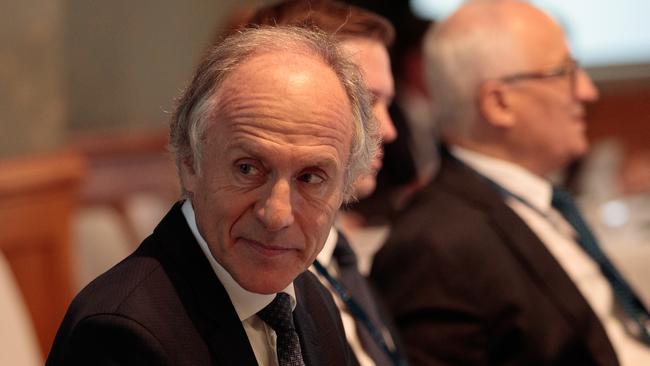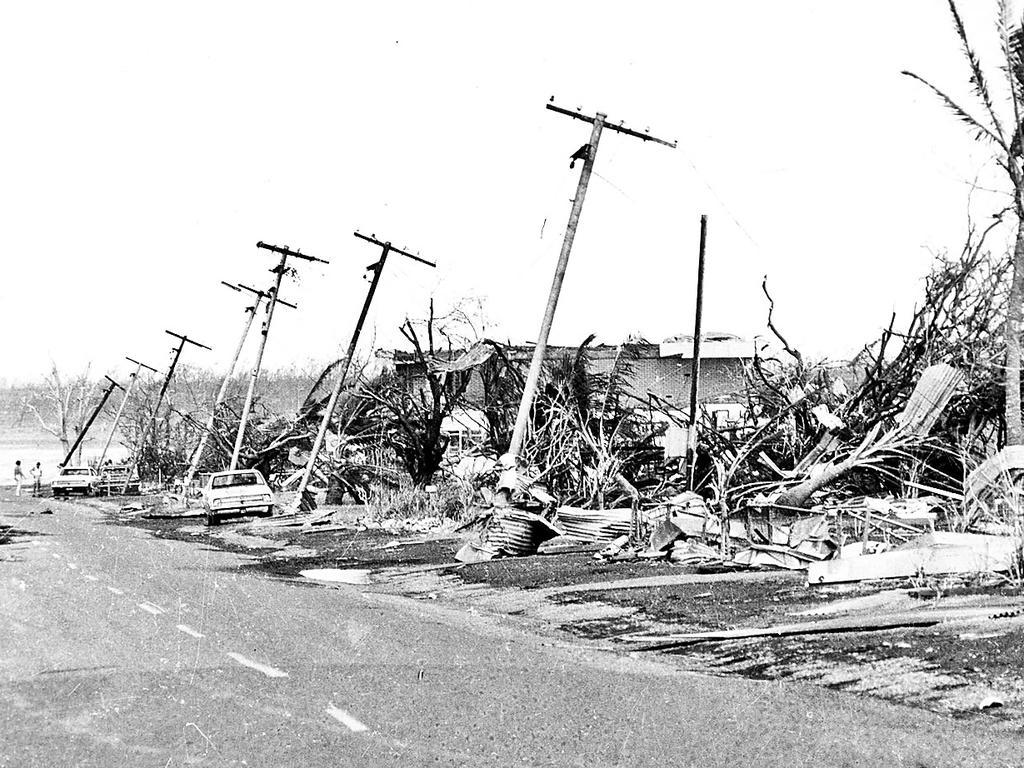Bushfires will lead to the rebirth of the National Energy Guarantee

The assertion that “I always thought” global warming is real and that it causes extreme weather events, and to suggest that we ever thought otherwise is an unspeakable affront, has become necessary because public opinion has shifted decisively as a result of the bushfires - as it was always going to as said extreme weather events inevitably mounted up.
The Coalition and its supporters in the media are now in the uncomfortable but self-appointed position of being blamed for bushfires. The Prime Minister points out that such an idea is absurd, and says that in any case the government is doing its bit to reduce emissions and to meet Paris targets, but no-one is listening.
There is a rearguard action by a few holdouts based on claims that the fires were all deliberately lit and that greenies prevented hazard reduction, but that is doomed to fail - opposition to further action on climate change is collapsing.
So the government needs to move from defending its indefensible record to going on the offensive by announcing that the National Energy Guarantee is going ahead.
Or something.
Better still, announce the NEG’s predecessor, Chief Scientist Alan Finkel’s Clean Energy Target. It not only sounds better, it is better. Something like it is obviously going to have to be announced before the year is too much older so they might as well get out ahead of it now.
The current defensive, “we always thought that” stance, coupled with “I won’t put up electricity prices to do it, or put a tax on them”, to quote Prime Minister Scott Morrison in his ABC interview on the weekend, is a dead end.
That’s because first, he and his party obviously have not always believed in climate change and its connection with extreme weather events, for which there is plenty of evidence including a lump of coal in parliament, and second, anyone who did actually understand the awful risks from global warming would readily put up electricity prices to prevent them, and more.
A royal commission into the bushfires won’t be near enough, even if the terms of reference include investigating the role and reality of climate change, as they should.
Some kind of NEG policy in 2020 will be one consequence of the shift in public opinion about climate change as a result of the devastating bushfires, but there will be more.
The government also needs to announce one or more big ticket renewable energy projects to regain initiative – the NEG alone will no longer be enough.
An opportunity was lost with the (now) $5.1 billion Snowy 2.0 project, which is essentially a large-scale renewable energy storage facility. In kicking it off, Scott Morrison – then still in full denial mode - insisted that it was a “fair dinkum power” project, not a renewable energy one, so as a symbol of his government’s climate change credentials it was lost.
Another one could be support for David Griffin’s huge Sun Cable solar electricity project, or a hydrogen export industry, as pushed by Alan Finkel and backed by COAG, or perhaps a massive waste-to-energy project like the 300 that already exist in China, and the big one now being built in Shenzhen. Or even just federal support for rooftop solar and household storage.
Here’s another result of the bushfires: there is absolutely no chance of another coal mine getting up in Australia. Approving one would be a sure way to lose an election.
As for Australian businesses, by the end of 2020, all significant companies will have to announce a plan to at least go carbon neutral through offsets, or preferably go 100 per cent renewables, as ANZ, Westpac, NAB and QBE, among a few others, have already done as part of the global RE100 initiative.
The pressure from super funds on ASX-listed companies to develop a plan to be carbon neutral and/or fully powered by renewable energy will become irresistible this year - apart from anything else, the share prices of companies that have good ESG standing outperform those that don’t.
Finally, the government should get involved in the donations for bushfire relief from around the world.
Cash is flying in at an astonishing rate: Bette Midler announced $500,000 on Sunday, matching Pink’s donation; Phoebe Waller-Bridge said she would auction her Golden Globes dress; Essendon captain Dyson Heppell is cutting his hair to raise $300,000; the comedian Celeste Barber has raised an incredible $50 million on Instagram and so on. The total seems to be over $150 million.
The money is going in all directions and someone needs to get control of it, preferably the federal government, firstly to ensure it is properly spent and secondly to make sure there is some left for the next disaster, which all are agreed is going to happen since the cause of this one was climate change, which is only getting worse.
Perhaps a fund could be created from which the income is used to provide ongoing disaster assistance on top of government relief and insurance payments.
* Alan Kohler is Editor in Chief of InvestSMART.com.au





There’s quite a lot of “I always thought that” going on at the moment, it being the best way to change your mind about climate change without admitting you’re changing your mind.